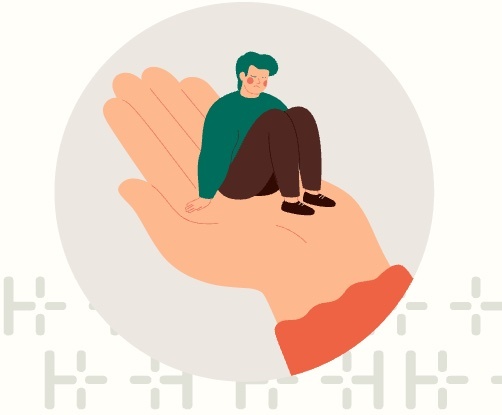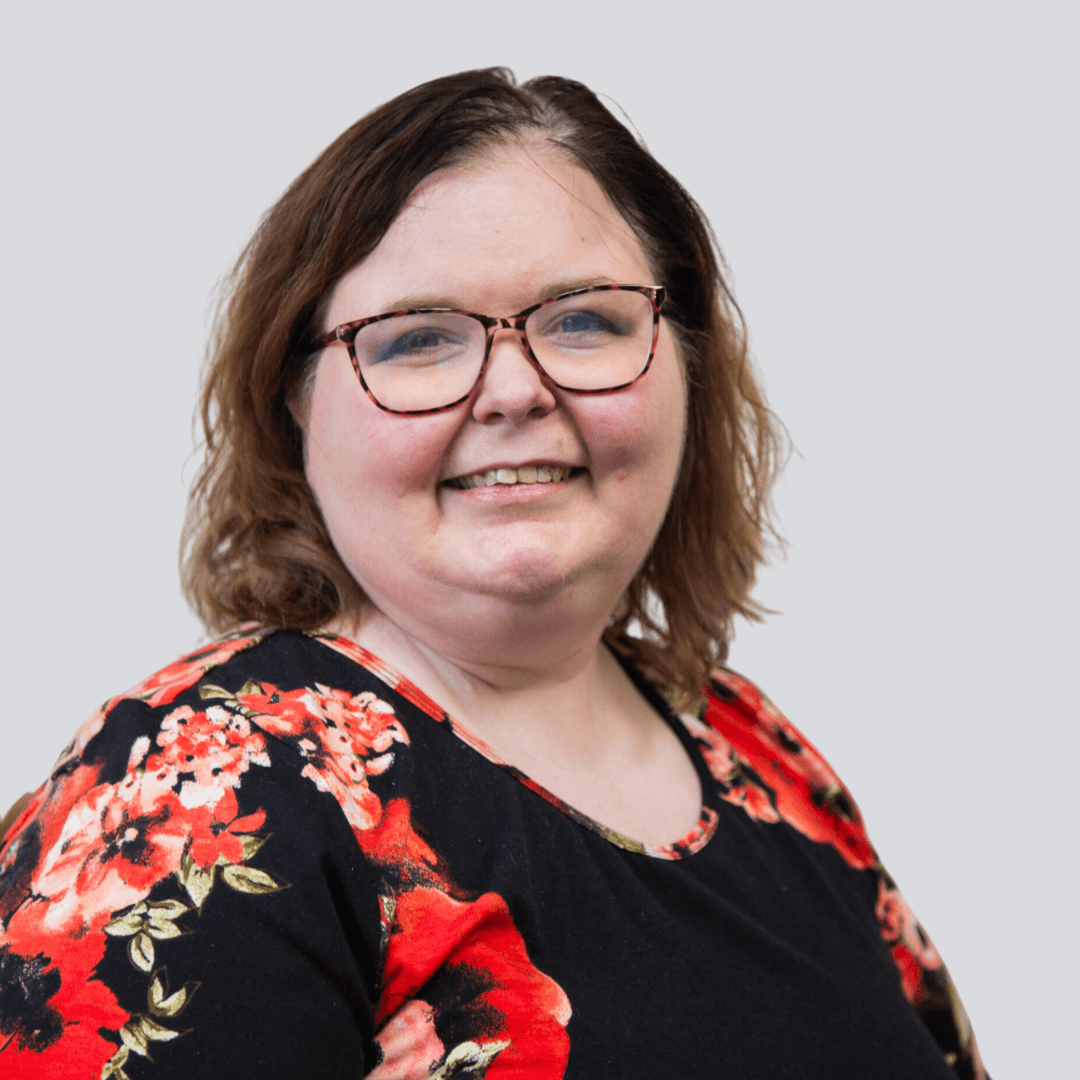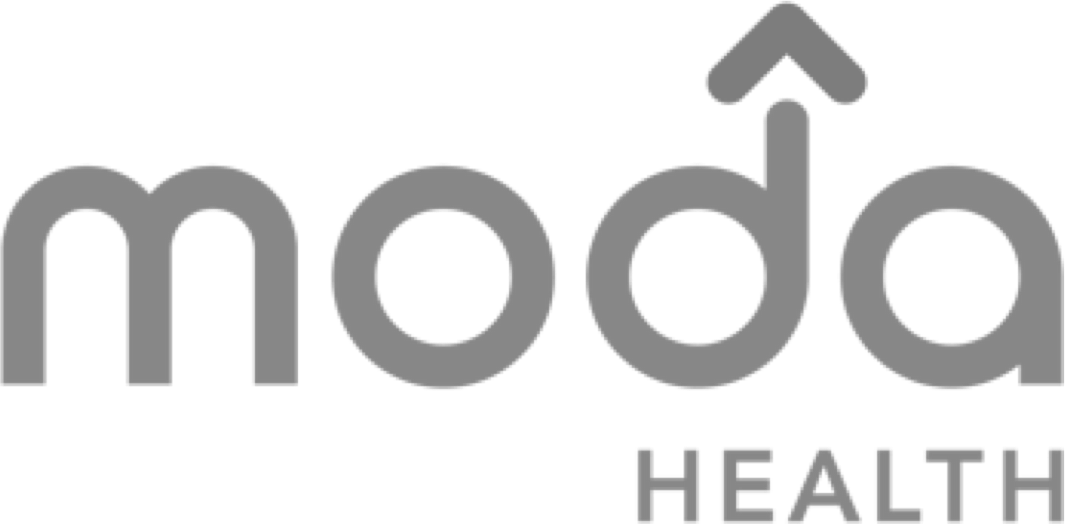Exposure Response Prevention (ERP)
Exposure Response Prevention helps you confront fears and anxieties head-on and gradually reclaim your peace and confidence.

What you’ll gain from Exposure Response Prevention (ERP)
Coping Skills
Acquire effective techniques to deal with challenging situations and intrusive thoughts.
Emotional Regulation
Learn how to navigate and regulate your emotions in a healthier and more constructive manner.
Tolerance for Uncertainty
Develop the ability to handle ambiguity and uncertainty without resorting to compulsions or avoidance.
Sense of Control
ERP empowers you to take charge of your responses to triggers and intrusive thoughts.
What is Exposure Response Prevention?
Exposure Response Prevention (ERP) is a form of cognitive-behavioral therapy (CBT) that is highly effective in treating anxiety disorders, particularly Obsessive-Compulsive Disorder (OCD). ERP intentionally avoids engaging in the usual compulsive behaviors or rituals that one might employ to alleviate anxiety. Instead, individuals are encouraged to confront their fears head-on and resist the urge to perform their typical avoidance or safety-seeking behaviors. Through this process, individuals gradually learn that they can tolerate and manage their anxiety without relying on compulsions, leading to a reduction in overall anxiety levels over time.
Therapists work closely with individuals to create a hierarchy of anxiety-inducing situations, starting with less distressing scenarios and gradually progressing to more challenging ones. By facing their fears in a controlled and supportive environment, individuals can retrain their brain’s response to anxiety triggers. Over time, this leads to a desensitization effect, where the once anxiety-provoking situations lose their power to elicit intense fear or discomfort. Through ERP, individuals gain a sense of empowerment and control over their anxiety, ultimately reclaiming their lives from the limitations imposed by OCD or other anxiety disorders.

Speak Now With A Care Coordinator
In-Network Therapists, With a Wide Expertise
Our extensive network of seasoned, licensed, accredited, and highly empathetic mental health clinicians specialize in easing a wide spectrum of concerns, including:
Clinical Conditions
- OCD
- Anxiety
- Depression
- ADHD
- Bipolar disorder
- Chronic insomnia
- Chronic pain
- Panic
- Personality disorders
- Phobias
- Trauma & PTSD
General Topics
- Relationships
- Parenting support
- Burnout
- Life transitions
- Grief & loss
- Self-esteem
- Body acceptance
- Cultural identity
- Racial trauma
- Childhood trauma
- Finding purpose

Our providers are experts in Exposure Response Prevention

Trusted counselors, 5-star results

How do you know if you need therapy?
Therapy is right for everyone. Therapy can help you improve your relationships with your family, friends, and self. Taking care of your mental health is a sign of strength, and seeking to better oneself is an empowering choice.

Frequently Asked Questions
Who is Headlight for?
Headlight is for everyone. Taking care of your mental health is a sign of strength, and choosing to better oneself is an empowering decision. We provide mental health services to those seeking a bright path forward.
What is therapy?
Therapy offers a safe and confidential space for individuals to explore their thoughts, emotions, and experiences. During therapy sessions, your Headlight therapist will actively listen and provide guidance and insights to help you better understand yourself, your relationships, and your challenges. Talk therapy can address a variety of mental health concerns, from anxiety and depression to trauma and relationship issues. Headlight’s clinicians are experienced in various therapeutic approaches and techniques and offer in-person or virtual sessions.
What is the difference between therapy and psychiatry?
Therapy, often provided by psychologists, social workers, or counselors, involves talking through emotional and psychological challenges to gain insight and develop coping strategies. Whereas, psychiatry, typically led by medical doctors, focuses on the diagnosis and treatment of mental health issues using medication alongside therapy when necessary. While therapy emphasizes conversation and behavioral strategies, psychiatry integrates medication management to address biochemical imbalances in mental health conditions.
Why is it so important to find the right therapist?
Finding the right therapist is so important as it establishes a foundation of trust, creating a safe space for open communication. A well-matched therapist can better understand your individual needs, ensuring personalized support and enhancing the effectiveness of the therapeutic process.
What services do you offer?
Headlight services include therapy, medication management, and Esketamine (Spravato) sessions.

More than 50% of Americans struggle with mental health.
Headlight is now collaborating with health plans and companies to make therapy more accessible and affordable. Speak to a Care Coordinator today.













